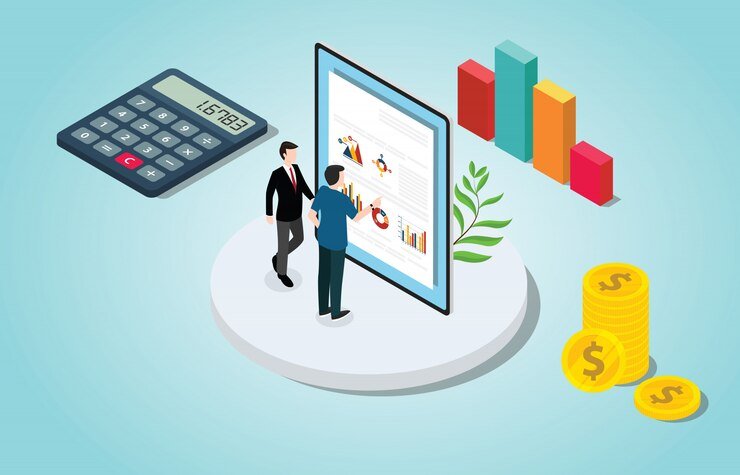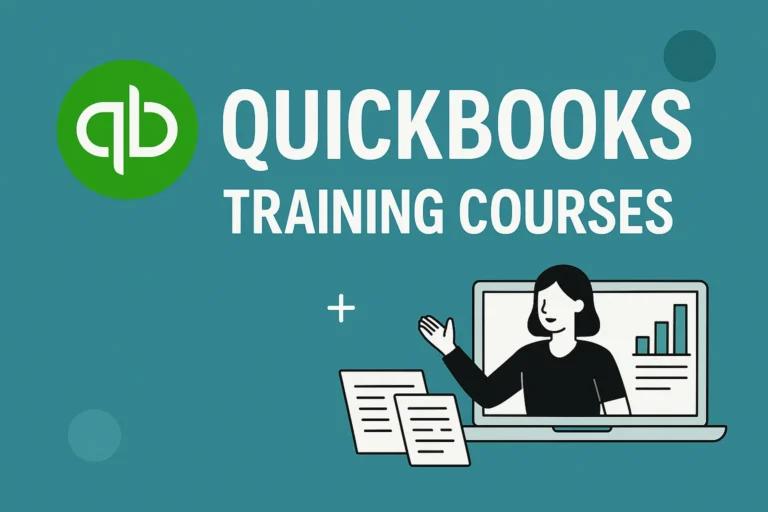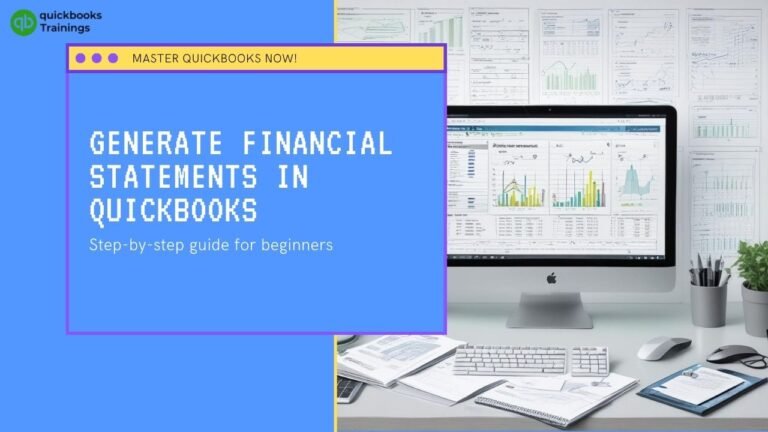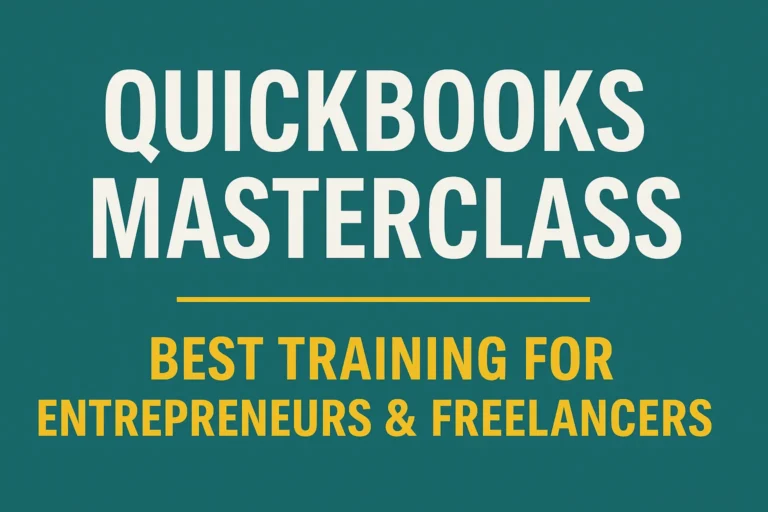What Are the Key Steps to Managing Small Business Accounting Efficiently?
Small business accounting can be handled overwhelmingly without the proper tools. Fortunately, high-quality analysis software provides numerous benefits, helping businesses and self-employed people organize trades and generate critical financial records for correct record-keeping.
Small Business Accounting in 7 Steps
1. Linking Your Business Bank Account

However, regardless of the type of small business bank account you use, modern accounting software allows seamless integration with it. Platforms like QuickBooks enable you to sync bank accounts, credit cards, PayPal, and Square, giving you easy access to all financial transactions from one centralized dashboard.
2. Tracking Income and Expenses Efficiently

Before the beginning of digital accounting devices, traders manually recorded every transaction, which was time-consuming and prone to errors. With cloud-based accounting software, all income and expenses are automatically registered and synchronized, eradicating the need for manual data entry.
An integrated expense tracking feature offers real-time insights into your financial performance. Businesses can observe profits and losses on an active dashboard, ensuring complete monetary transparency. Further, the software organizes transactions based on customizable rules, making it more comfortable to recover data and streamline tax preparation.
3. Choosing the Right Accounting Method

Whether your company follows the cash or accrual calculation method, QuickBooks provides the flexibility to change between them effortlessly. You can record dealings based on when payments are received or when income and expenses are incurred. Regardless of your preferred approach, QuickBooks ensures accurate financial reporting tailored to your accounting needs.
4. Creating Journal Entries

Since most businesses use the double-entry accounting system, bookkeeping software helps maintain balanced records by ensuring that all debits and credits align correctly. By uploading your account data to QuickBooks, you can automate financial tracking, minimize data entry errors, and categorize journal entries for income and expenses. Over time, the software adjusts to your categorization choices, making accounting even more efficient.
5. Creating and Reviewing Trial Balances

Avant accounting software can automatically develop and update trial balances, helping small business owners examine financial activity. With QuickBooks, you can schedule a trial balance report at the end of each accounting time, providing that all debits and credits align perfectly. This allows for easier adjustments and correct financial tracking.
6. Generating Financial Statements

Gain a clear understanding of your business’s financial health using QuickBooks’ reporting features. The software collects all account data and logbook access to generate necessary financial statements, including balance sheets, income statements, and cash flow statements.
QuickBooks also offers an invoice generator with customizable branding. You can send automated pay reminders to customers and allow them to settle invoices quickly with integrated payment options.
7. Reconciling Accounts and Closing Books
Bank reconciliation, no extension, has to be a time-consuming task. QuickBooks allows you to match business transactions with bank records using an intuitive dashboard. The platform provides all the tools needed to negotiate accounts, finalize financial statements, and close books at the end of each analysis period or fiscal year.
Manage Your Finances with the Right Accounting Software
For a dedicated and all-in-one accounting resolution, QuickBooks Online is a perfect choice for small businesses. It provides progressive bookkeeping features and combines seamlessly with various mobile apps to enhance efficiency and save time. Business owners can also grant secure access to accountants or financial advisors, making collaboration effortless and secure.
FAQs
What is the first step in small business accounting?
The first step is setting up a business bank account to separate personal and business finances.
How can I track my business income and costs?
Accounting software like QuickBooks can be used to document transactions and organize expenditures automatically.
What accounting method should I use for my business?
Small businesses can choose between cash or accrual accounting based on their financial conditions and reporting requirements.
Why is bank reconciliation meaningful?
Negotiating bank accounts helps ensure all financial transactions are correct and match corporation records.
How can I generate financial statements?
Use accounting software to create profit and loss statements, balance sheets, and cash flow reports for better financial insights.
What is the purpose of closing books at the end of an accounting period?
Closing books provide accurate financial reporting and help prepare for tax filing or future budgeting.
Can I manage small business accounting without an accountant?
Yes, with reliable accounting software and proper record-keeping, you can handle finances efficiently. However, experienced advice is suggested for complex tasks.
Take Control of Your Business Finances Today!
Struggling with small business accounting? Our expert QuickBooks training will help you manage your finances effortlessly. Sign up now and streamline your accounting process with ease!
📞 Contact us today or enroll in our training program to get started!






